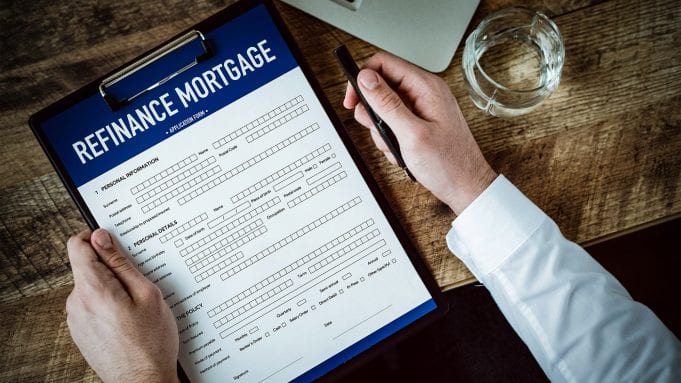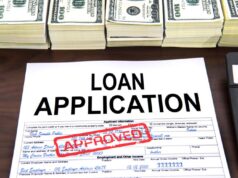You’ve got to be careful. One small mistake and you could end up losing your house.
Second Mortgage vs Refinancing- Which one should you go for?
What is home equity?
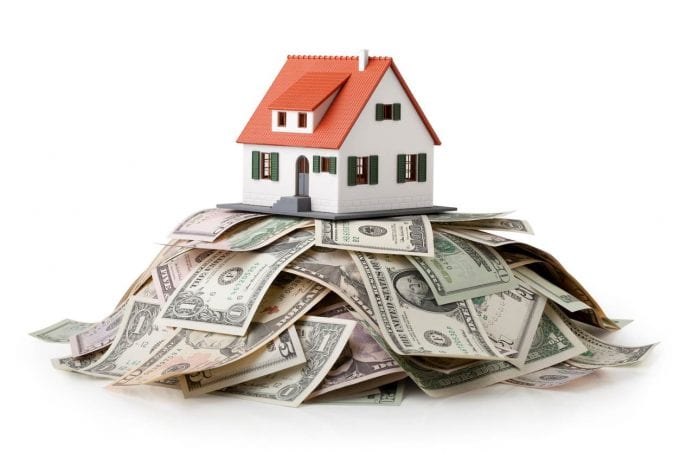
House equity refers to the value built into your house. You’ve probably heard the statement “buying a house is like opening a forced savings account.” This is true since the more you pay your monthly installments, the more you build your home equity.
However, you can’t fully claim your home equity without fully repaying your loan. Depending on the agreed terms, it might take years to get full ownership of the house.
Second Mortgage and Refinancing offer you a means by which you can “borrow” your accumulated home equity. In simple words, these are loans that are tied to your home’s value. More information you can read here.
Please Note: You can’t qualify for either option if you haven’t accumulated some home equity. The only way to accumulate home equity is by paying your monthly installments. It’s best if you are 1 to 2 years into your repayment plan.
Simple Formula for calculating home equity
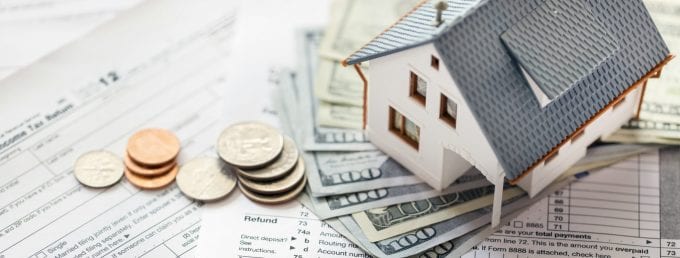
Home’s Value – Total Mortgage balances on the property = Home equity
Here is an example:
Let’s say you bought a house on mortgage terms whose value is $250,000. You’ve paid $150,000 in monthly installments and therefore, your outstanding balance is currently $100,000. The paid amount ($150,000) is your equity.
When should I apply for a Second Mortgage or Refinance Loan?
As we mentioned earlier, both of them list your house as a collateral asset. Therefore, you’ve got to be very careful. You’ll lose your house if you fail to repay them on time.
For this reason, it’s best if you use these loans to increase your household’s income power. We strongly advise against using this money for luxury or comfort purposes like buying a car or going on a vacation.
Here are some of the common reasons why people apply for these loans:
- To clear other high-interest loans like credit card loans (The most common reason).
- For house repairs and renovations- Use a second mortgage or refinance to do this, and you can claim tax deductions on the applied interest since you’re adding value to your house.
- Pay for college education for your children.
- To pay for medical treatment.
What is a Second Mortgage?
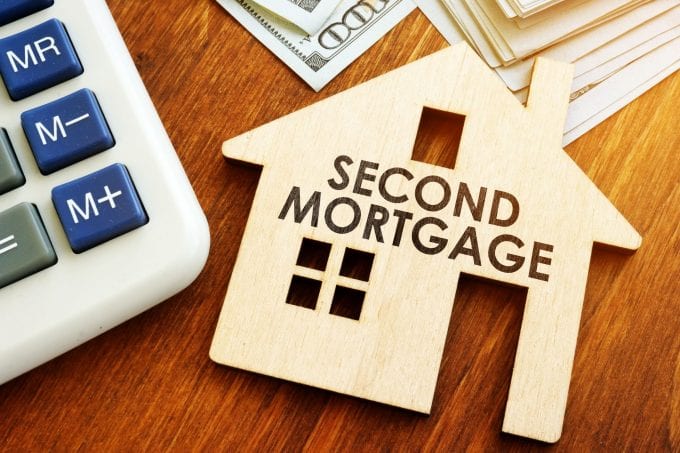
A Second Mortgage is a new loan taken out before you’ve paid off your first one. It’s fully independent of the first loan.
You can apply for this type of financing from:
- Local banks or Credit unions
- Mortgage brokers
- Online lenders
You can read here a more in-depth piece on second mortgages.
Its interest rate is usually higher than the one on your original mortgage. This is because the new lender gets second priority in terms of repayment; it’s much riskier for them. Should you defer your monthly payments, the first loan is given priority.
There are two main types of Second Mortgages:
- Home Equity Loan: This loan is issued out as a one-time lump sum. Also, its interest rate is usually fixed.
- Home Equity Line of Credit (HELOC): This loan works like a credit card loan and comes with variable interest rates. It’s also reusable (You can borrow again after repaying).
Pros of Second Mortgages
- You can borrow a large sum of money (up to 80% of your property’s value).
- Approval is usually faster even with a low credit score or income since your house already stands as collateral.
- Interest rates are usually lower than personal loans like credit cards.
- You can claim tax deductions on interest if you use the money for house renovations.
Cons of Second Mortgages
- There is always the risk of losing your house (foreclosure) should you fail to repay the loan installments on time.
- Interest is not deductible if you use the second loan to clear your college fee, pay for medical bills, or clear high-interest loans.
- It might complicate things should you decide to sell the property or take a refinancing loan on it.
- Interest rates are higher than the one on your first loan.
- There are some expensive closing costs you’ll have to pay like appraisals, title, and origination fees among many others.
What is Refinancing (Cash-out Refinancing)?
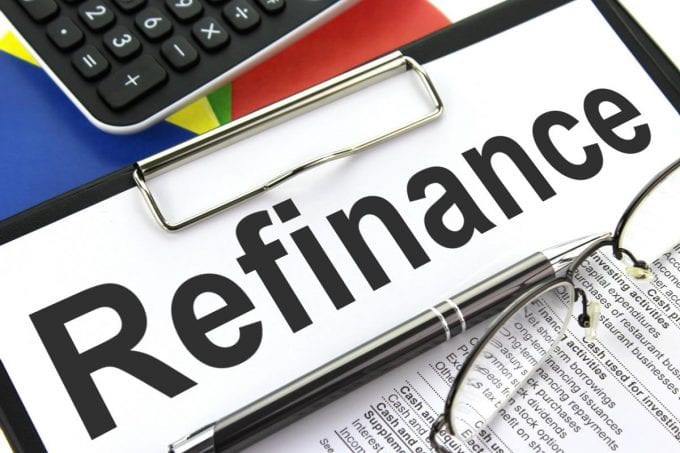
Refinancing involves signing up for a new loan that completely overwrites your existing mortgage. New terms are put in place such as new interest rates, principle, and length of repayment.
In this case, the main point subject to change is the Principle. You use your equity to sign up for a new mortgage that is larger than the previous mortgage balance. The excess money is given to you as a lump-sum payment.
When repaying, you’ll have a new principle, with new interest rates, and an extended time limit.
For example:
You initially bought a house on terms worth $250,000 with an interest rate of 4% that you’re supposed to repay in 15 years. You’ve been faithfully paying your monthly installments for the last 5 years and your current mortgage balance is, therefore, $190,000.
Your gross home equity, therefore, currently stands at $250,000 – $190,000 = $60,000
Cash-out refinancing allows you to borrow up to 90% of your home’s cost (value).
90% of $250,000 is $225,000.
Your accessible (net) home equity = $225,000 – $190,000 (mortgage balance)= $35,000.
In simple terms, you can only access $35,000 of the total $60,000 home equity.
Your new principle would be $250,000 + $35,000= $285,000.
Sure, the principle is higher but it’s now subject to new interest rates (usually lower) and a new repayment period (another 15 years with lesser monthly installments).
Pros of Refinancing
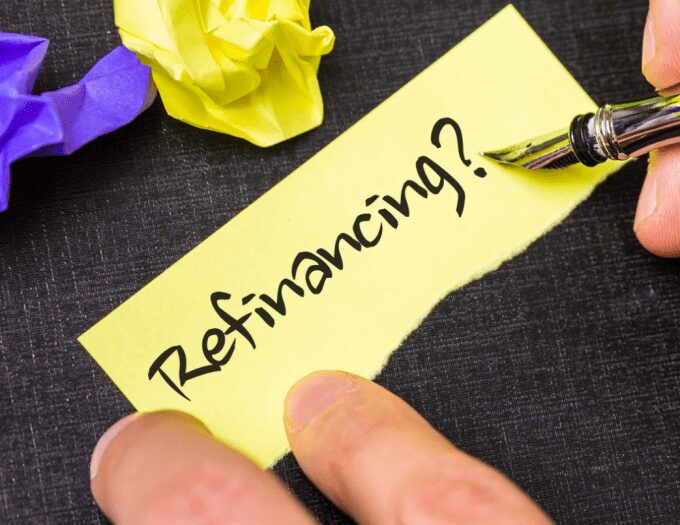
- You’re now paying your mortgage installments at lower interest rates (lower than the first loan).
- It allows you to repay existing high-interest debts like credit cards and other personal loans (A good way of boosting your credit score).
- There are tax deductions if the money is used to repair or renovate the house.
Cons of Refinancing
- You’re always at risk of losing your house (foreclosure) since it’s used as collateral for the loan.
- There are expensive closing costs to be paid on the previous mortgage. In our case, 2% to 5% of $250,000 = $5,000 to 12,500.
- You’ll have to pay for insurance if you borrow more than 80% of your home’s cost (value).
- Repaying your credit card debt can tempt you to misuse your credit card balance and plunge yourself into debt once again.
Second Mortgage vs Refinancing- Which one should I go for?

Both loans are worth your time. It all depends on which one is easily available to you in your current circumstance.
However, there is one case where cash-out refinancing beats second mortgages.
If you’re looking for lower interest rates, then cash-out refinancing is the way to go.
For example:
Let’s say you bought a house on a plan back in the year 2000 when the interest rates were significantly higher than they are today (average of 7.71% back then). You can lower the interest rate on your mortgage by refinancing at a lower interest rate available today (3.329% as of Wednesday, April 8, 2025).

